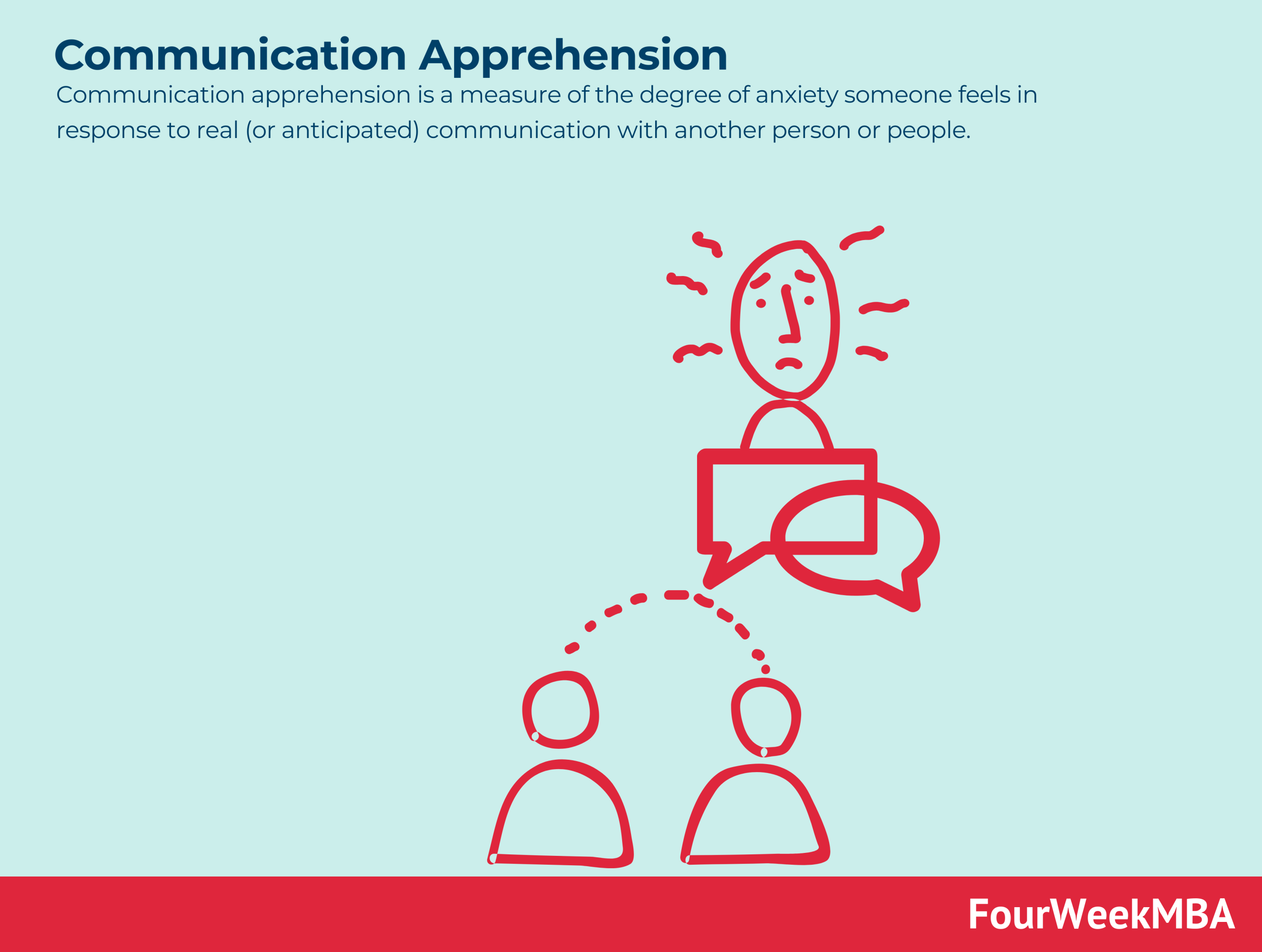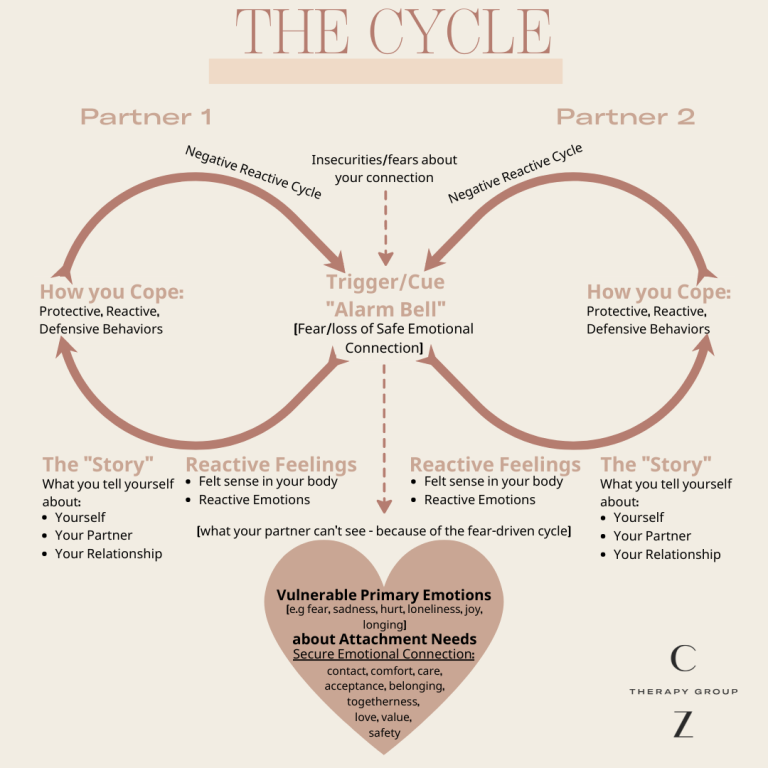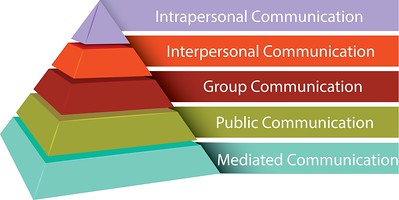Communication Apprehension
Communication Apprehension is the anxiety or fear experienced by individuals when they need to communicate with others. This fear may manifest in different settings, such as public speaking, group discussions, or even one-on-one conversations.
It can negatively impact a person’s ability to effectively convey their thoughts and ideas, leading to misunderstandings and hindered communication. To overcome communication apprehension, individuals can employ various techniques such as deep breathing exercises, visualization, or seeking professional help such as speech therapy or counseling.
Developing effective communication skills can help individuals navigate social and professional situations with confidence, strengthening personal relationships and fostering successful professional collaborations. By understanding and addressing communication apprehension, individuals can enhance their overall communication abilities and experience improved interactions with others.

Credit: en.wikipedia.org
What Is Communication Apprehension
Communication Apprehension refers to the feeling of fear or anxiety that individuals experience when they are required to communicate with others. It can manifest in various communication contexts, such as public speaking, group discussions, or even one-on-one conversations.
Definition
Communication Apprehension, also known as CA, is a term coined by James C. McCroskey, a renowned communication scholar. He defined CA as “an individual’s level of fear or anxiety experienced in either real or anticipated communication encounters”. This apprehension often results in physical symptoms like increased heart rate, trembling, sweaty palms, and even avoidance of communication situations altogether.
Causes
The causes of Communication Apprehension can vary from person to person. While some individuals might have a natural predisposition towards anxiety, others may develop CA due to specific experiences or environmental factors. Here are some common causes of Communication Apprehension:
- Past negative experiences: A previous incident where an individual faced embarrassment, ridicule, or criticism during a communication situation can lead to a fear of similar experiences in the future.
- Low self-esteem: Individuals with low self-esteem may doubt their communication abilities or fear being judged by others. This can increase their anxiety during communication encounters.
- Fear of evaluation: The fear of being evaluated and judged by others can evoke feelings of intense anxiety. Individuals might worry about making mistakes, sounding foolish, or not meeting others’ expectations.
- Lack of confidence: Insufficient confidence in one’s communication skills can contribute to Communication Apprehension. The fear of not being able to articulate thoughts clearly or effectively can create anxiety.
- Social and cultural factors: The fear of not fitting in, cultural differences, or unfamiliarity with certain communication styles can cause apprehension in social and professional settings.
It is important to note that Communication Apprehension can have a significant impact on an individual’s personal and professional life. Limiting oneself due to fear of communication can hinder success and opportunities for growth. However, by understanding the causes and implementing strategies to reduce apprehension, individuals can overcome this fear and enhance their communication skills.
Effects Of Communication Apprehension
Communication Apprehension can have various effects on individuals, such as increased anxiety, difficulty expressing ideas, and limited social interaction. Overcoming this apprehension is crucial for effective communication and personal growth.
Personal Effects
Communication apprehension often has significant personal effects on individuals. This can manifest in various ways and impact different aspects of their lives. One of the primary personal effects of communication apprehension is the feeling of anxiety and fear when faced with communication situations. These individuals may experience increased heart rate, sweaty palms, and difficulty speaking. The fear of being judged or misunderstood can be paralyzing and can hinder their ability to express themselves clearly and confidently. Furthermore, communication apprehension can also lead to self-doubt and low self-esteem. Individuals who struggle with communication often feel inadequate and believe that others judge them negatively based on their communication skills. This can have a long-lasting impact on their self-image and overall confidence levels. They may avoid social situations or withdraw from interactions to avoid the discomfort and potential embarrassment that communication apprehension brings.Professional Effects
The effects of communication apprehension extend beyond personal life and can significantly impact an individual’s professional life as well. One of the key professional effects of communication apprehension is the impaired ability to effectively convey ideas and information. In a professional setting, effective communication is crucial for building relationships, collaborating with colleagues, and delivering impactful presentations. Individuals with communication apprehension may struggle to articulate their thoughts clearly and may appear hesitant or unsure, which can undermine their professional credibility. Additionally, communication apprehension can hinder career progression. Many careers require strong communication skills, such as sales, customer service, management, and leadership positions. Individuals who struggle with communication apprehension may find it challenging to excel in these roles or progress in their careers. The fear of public speaking or participating in meetings can hold them back from seizing opportunities and showcasing their full potential. Overall, the effects of communication apprehension can be far-reaching, impacting both personal and professional aspects of an individual’s life. It is important to acknowledge and address this issue to overcome these challenges and develop effective communication skills.| Personal Effects | Professional Effects |
|---|---|
|
|
Overcoming Communication Apprehension
Communication apprehension, also known as speech anxiety or stage fright, can be a significant obstruction to effective communication. It manifests as fear, nervousness, or discomfort when faced with speaking or presenting in public. However, with the right strategies, it is possible to overcome communication apprehension and become a confident communicator. In this section, we will explore three key approaches to overcoming communication apprehension: identifying triggers, building confidence, and seeking professional help.
Identifying Triggers
To overcome communication apprehension, it is essential to identify the triggers that contribute to your anxiety. Triggers can vary from person to person, but common ones include speaking to large audiences, informal conversations, or specific topics. Reflecting on past experiences and situations where the anxiety was particularly pronounced can help pinpoint the triggers.
Once you have identified your triggers, it becomes easier to develop a plan to address them. Consider breaking down the triggers into smaller, manageable steps, gradually exposing yourself to more challenging situations. This gradual exposure helps desensitize you and builds confidence over time.
Building Confidence
Building confidence is a crucial aspect of overcoming communication apprehension. Confidence comes from practice, preparedness, and positive self-talk. By dedicating time to practice and familiarize yourself with the presentation or conversation topic, you can reduce anxiety and gain confidence in your abilities.
In addition, focusing on positive self-talk can have a profound impact on your confidence levels. Challenge any negative thoughts or self-doubt with positive affirmations. Remind yourself of past successes and strengths, reinforcing your belief in your ability to communicate effectively.
Furthermore, incorporating relaxation techniques such as deep breathing exercises or visualization can help calm nerves before a conversation or presentation. These techniques enable you to enter the communication situation with a clear and focused mindset.
Seeking Professional Help
While personal efforts can be effective, sometimes overcoming communication apprehension may require professional guidance. Seeking help from a communication coach or therapist experienced in treating speech anxiety can provide valuable support and techniques tailored to your specific needs.
Working with a professional can involve various strategies, including cognitive behavioral therapy (CBT) or exposure therapy. These therapeutic approaches can assist in reframing negative thought patterns and gradually exposing you to situations that trigger anxiety, allowing you to build resilience and confidence.
Remember that overcoming communication apprehension is a process that requires persistence and dedication. With a combination of self-awareness, practice, confidence-building techniques, and professional assistance if necessary, it is possible to conquer your fears and become a more confident and effective communicator.
Tips For Reducing Communication Apprehension
Communication apprehension can make even the most confident individuals feel incredibly anxious and nervous when communicating with others. Whether it’s speaking in public, participating in meetings, or simply engaging in everyday conversations, overcoming communication apprehension is essential for effective communication. Fortunately, there are several tips and techniques that can help you reduce communication apprehension and become a more confident communicator.
Preparing In Advance
A great way to alleviate communication apprehension is by preparing for your interactions in advance. When you are well-prepared, you will feel more confident and knowledgeable about the topic at hand, which can significantly decrease your anxiety. Here are a few techniques to help you prepare effectively:
- Create an outline or list of key points you want to cover during the conversation or presentation. This will help you stay focused and organized.
- Do your research and gather relevant information to support your points. This will not only make you feel more prepared but also enhance your credibility.
- Practice your delivery by rehearsing your speech or presentation. This will help you become more comfortable with the content and reduce any apprehension you may feel.
Improving Body Language
The way you carry yourself and use your body language plays a crucial role in effective communication. By improving your body language, you can appear more confident and make a positive impression. Here are some tips to enhance your body language:
- Stand or sit up straight to project confidence and openness.
- Maintain eye contact with the person you are speaking with to show attentiveness and interest.
- Gestures naturally but avoid excessive movements that can be distracting.
- Pay attention to your facial expressions and aim to convey positivity and approachability.
Practicing Active Listening
Active listening is a vital skill that not only helps you understand others but also makes them feel valued and heard. By practicing active listening, you can build rapport and alleviate communication apprehension. Here are some techniques to become a better active listener:
- Focus on the speaker and eliminate distractions. Avoid interrupting or judging prematurely.
- Show your engagement through nodding, smiling, or providing verbal cues like “I understand” or “Tell me more.”
- Paraphrase or summarize what the speaker said to ensure you understand correctly and show that you are actively listening.
- Avoid thinking about your response while the speaker is still talking. Instead, give them your full attention and wait for your turn to speak.
By implementing these tips and techniques, you can overcome communication apprehension and become a more confident and effective communicator. Remember, practice makes perfect, so be patient with yourself and keep striving for improvement.
Creating A Supportive Environment
One of the key components in helping individuals overcome communication apprehension is creating a supportive environment. By fostering an atmosphere of trust and encouragement, people can feel more comfortable expressing themselves and develop the skills needed to communicate effectively. In this article, we will explore two essential aspects of creating such an environment: encouraging open communication and providing constructive feedback.
Encouraging Open Communication
Encouraging open communication is crucial in promoting a supportive environment. By fostering an atmosphere where individuals feel safe to express themselves, they are more likely to overcome their communication apprehension. Here are a few strategies to implement:
- Active listening: Demonstrate attentiveness and genuine interest in what others have to say.
- Positive reinforcement: Recognize and acknowledge individuals’ efforts and contributions during discussions.
- Empathy: Show understanding and compassion towards others’ ideas and perspectives.
Providing Constructive Feedback
Constructive feedback plays a vital role in helping individuals improve their communication skills. By providing feedback that is specific, actionable, and supportive, you can create an environment conducive to growth and continuous learning. Here are some key guidelines:
- Be specific: Clearly identify the areas that need improvement in a respectful and specific manner.
- Focus on strengths: Highlight the strengths and positive aspects of an individual’s communication while addressing areas for growth.
- Suggest solutions: Offer practical suggestions or strategies to help individuals overcome their challenges.
By following these strategies, you can foster a supportive environment and empower individuals to overcome their communication apprehension. Remember, creating an atmosphere where open communication is encouraged and constructive feedback is provided is essential for personal and professional growth.

Credit: fourweekmba.com

Credit: hrdqstore.com
Frequently Asked Questions Of Communication Apprehension
What Is The Meaning Of Communication Apprehension?
Communication apprehension refers to the fear or anxiety individuals experience when communicating with others. It can manifest as speech, writing, or nonverbal communication anxiety. This fear can hinder effective communication and lead to avoidance of social interactions.
What Are The 4 Types Of Communication Apprehension?
The four types of communication apprehension include trait-like apprehension, context-based apprehension, audience-based apprehension, and situational apprehension.
What Is An Example Of Personal Communication Apprehension?
An example of personal communication apprehension is feeling nervous or anxious when talking to strangers.
How Do You Overcome Communication Apprehension?
To overcome communication apprehension, practice is key. Start by taking small steps, such as speaking up in group settings or participating in discussions. Focus on being prepared and confident, and remember that everyone makes mistakes. Gradually challenge yourself to express your thoughts and opinions more openly, seeking feedback and learning from each experience.
Faq 1: What Is Communication Apprehension?
Communication apprehension refers to the fear or anxiety associated with speaking or interacting with others, typically in public settings.
Conclusion
To overcome communication apprehension, it is essential to be aware of the factors that contribute to it and take proactive steps towards improvement. By practicing active listening, seeking feedback, and utilizing resources such as public speaking courses or therapy, individuals can gradually build their confidence.
Remember, communication skills are not innate, but rather, they can be developed through perseverance and dedication. So, don’t let apprehension hold you back – keep pushing yourself to communicate effectively and watch your confidence soar.



